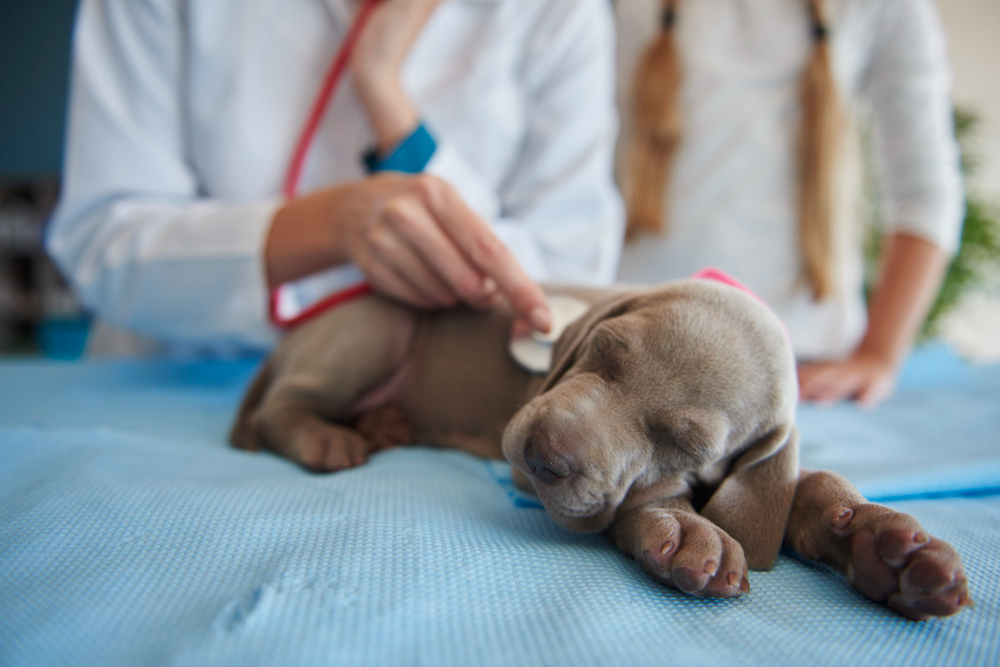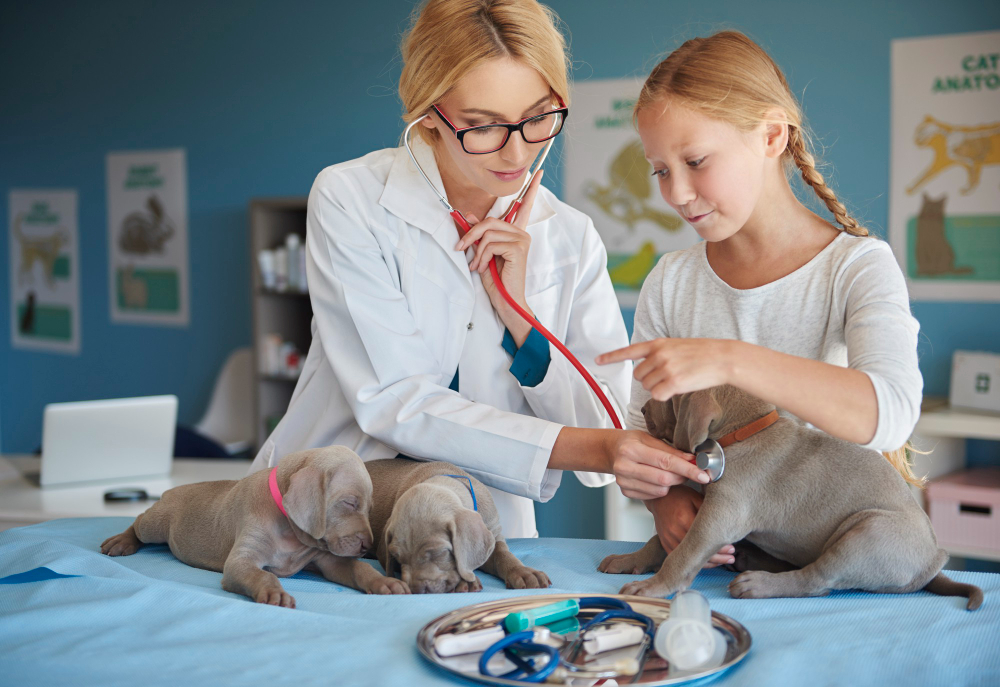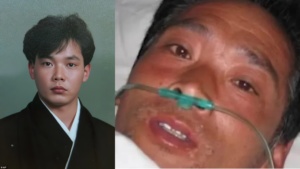The first signs of illness of your pet: when should you contact a veterinarian?
One of the main conditions for complete treatment and effective prevention of diseases in pets is a timely visit to a doctor. Often, patients at veterinary clinics die, remain disabled, or take a very long time to recover because their owners did not notice or consider the first signs of a disease that could easily be cured in the early stages as harmless. This article will teach you what cases you should seek qualified help in.
Changes in fur, skin, and its derivatives
The presence of wounds, ulcerations, redness, neoplasms, areas of baldness, and other apparent changes in the skin and coat is a direct indication for visiting a veterinarian. Independent treatment is not recommended, as this may “blur” the clinical picture and complicate therapy in the future.
Wool and skin mirror the animal’s general condition; in most pathologies, they change. In addition to apparent defects, you should also pay attention to:
- Changes in the color of fur or feathers, their fragility, active loss, and dullness of the integument.
- Blueness or pallor of the mucous membranes.
- Excessive itching.
- Softening, delamination, fragility of claws, beak, shell.
- The appearance of an unpleasant odor from the oral cavity, discoloration of teeth, and the formation of plaque and stone.
The presence of any listed signs is a reason to consult a Vet Dubai
Appetite and stool
One of the first signs of the disease is a decrease or absence of appetite. If suddenly he starts to be capricious, refuses his favorite food, sits over the bowl for a long time, and doesn’t finish his portion – this is not normal. This may be accompanied by vomiting, diarrhea, or both at once. Excessive thirst also indicates illness. These are severe symptoms that require immediate diagnosis by a veterinarian.
Breathing disorders

Another crucial diagnostic sign is breathing problems. They are characteristic of diseases of the cardiovascular and respiratory systems, neoplasms, and other pathologies.
The reasons for visiting a veterinary clinic are:
- The appearance of wheezing.
- Dyspnea.
- Increased or slower breathing.
- Cough is both constant and occurs after exertion and stress.
- Difficulty inhaling or exhaling.
- Urinary dysfunction.
Changes in behavior and habits
Reasons to visit a doctor are also:
- Convulsions, loss of consciousness or orientation.
- Lethargy or drowsiness, decreased activity during walks.
- Prolonged hyperactivity of the animal.
- Decreased or increased appetite.
- Thirst or reduced water intake.
- Animal anxiety, unmotivated aggression, or fear.
- Perversion of appetite.
It is also worth paying attention to the animal’s gait, body proportions, and posture; if they change, consult a doctor. A significant increase in body weight is also a reason to go to the clinic to correct your diet. Remember that poor diet and obesity are leading causes of reduced life expectancy in pets.
Timely veterinary care
Only timely consultation with a doctor will help your pet recover faster and save you time and money. Since an urgent visit to a doctor or call an emergency veterinarian at home is expensive, both in people and in animals, it is easier to prevent or begin to treat an advanced disease in the early stages than to try to save or cure it.
Why does an animal get sick?
Most animal diseases occur due to improper care and nutrition. It is essential to feed your pet correctly. Pets are not people and are not particularly suited to human food. They need exceptional food and vitamins.
Correct food and care of dog and cat
It is important not to overfeed the animal, especially if the time for physical activity and walks is insufficient.
It is advisable to learn the most straightforward techniques for caring for animals: be able to give an injection, trim claws, bathe, and clean ears and eyes. From a very early age, it is essential to begin to shape the behavior you want in your pet and not to spoil it. He needs to know his place in the family hierarchy. Ultimately, he should adapt to you, not you to him. Only by considering all this will your pet be healthy and make you happy.
Preventive actions
A healthy animal also needs to visit a doctor for preventive and hygienic measures, such as:
- Vaccinations are carried out twice for the first time in life, then once annually, although there are exceptions. The animal must be treated for fleas and worms two weeks before vaccination.
- Preventive examination—Regardless of the pet’s condition, veterinarians recommend conducting a preventive exam every six months to identify hidden pathologies.
- Cleaning of the anal glands – many animals need this procedure every 1-3 months.
- Grooming – long-haired dogs and cats periodically need the services of a pet groomer.
- Sterilization and castration – animals not planned to be used for breeding are recommended to be neutered at 7 – 10 months. This allows you to avoid several diseases and stabilizes the animal’s psyche.

















